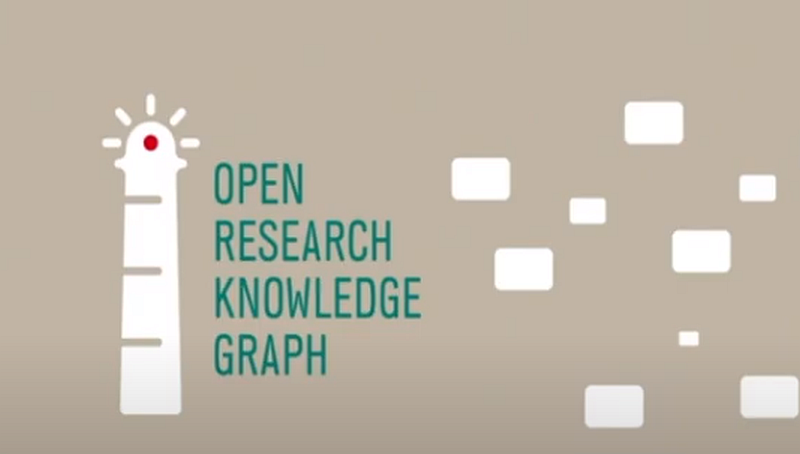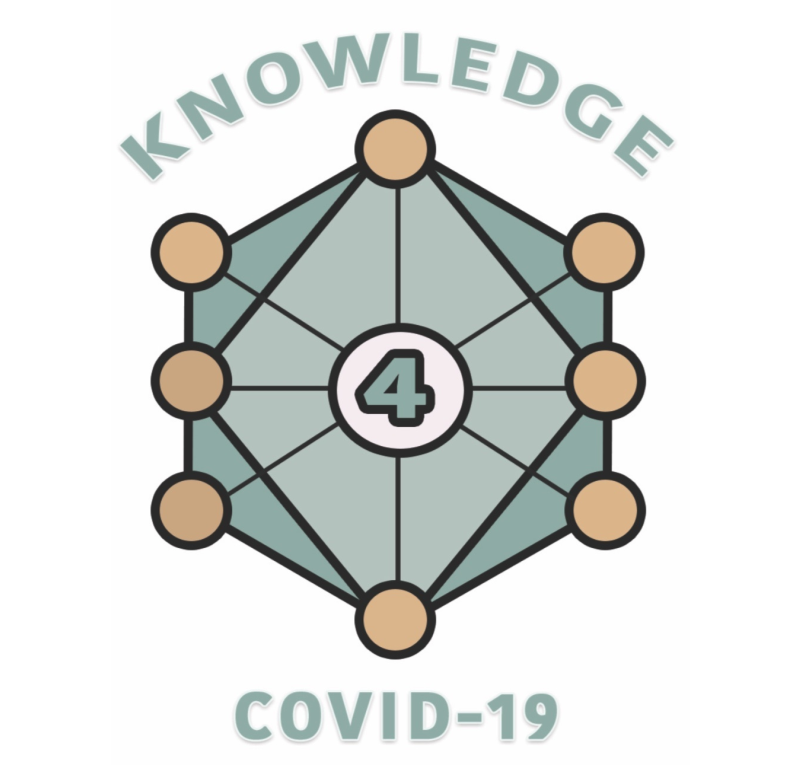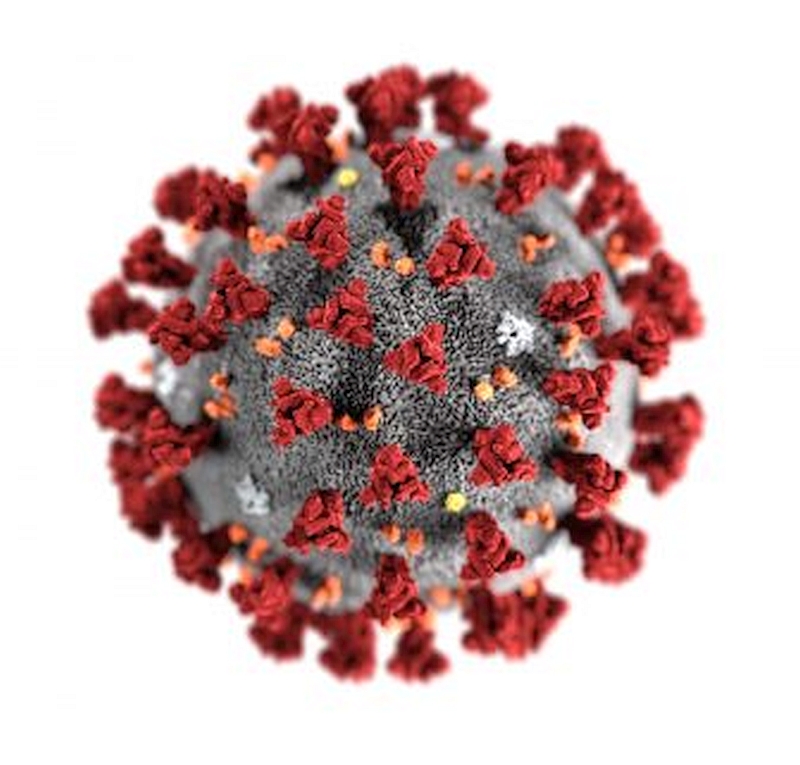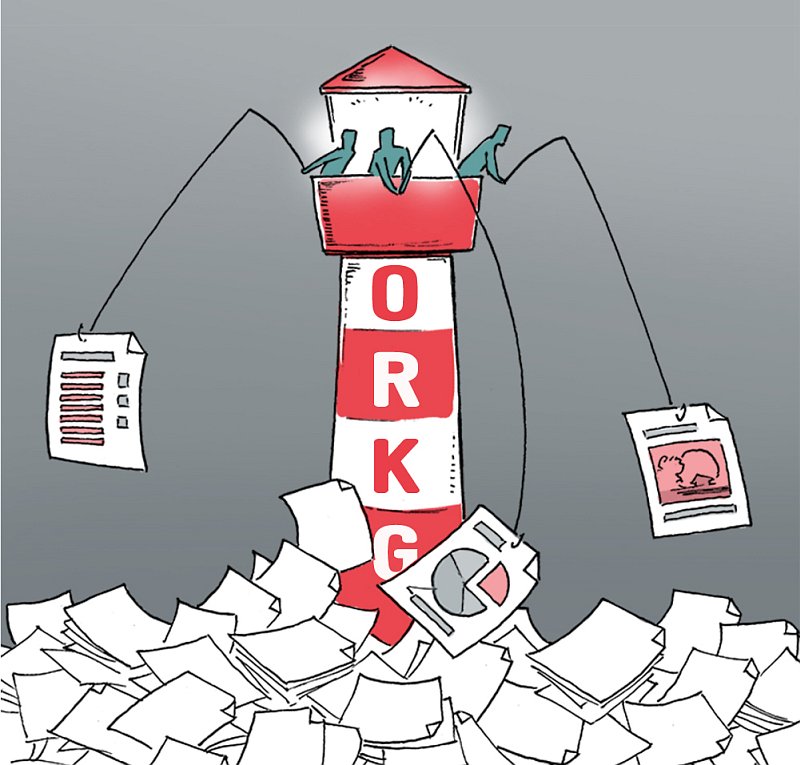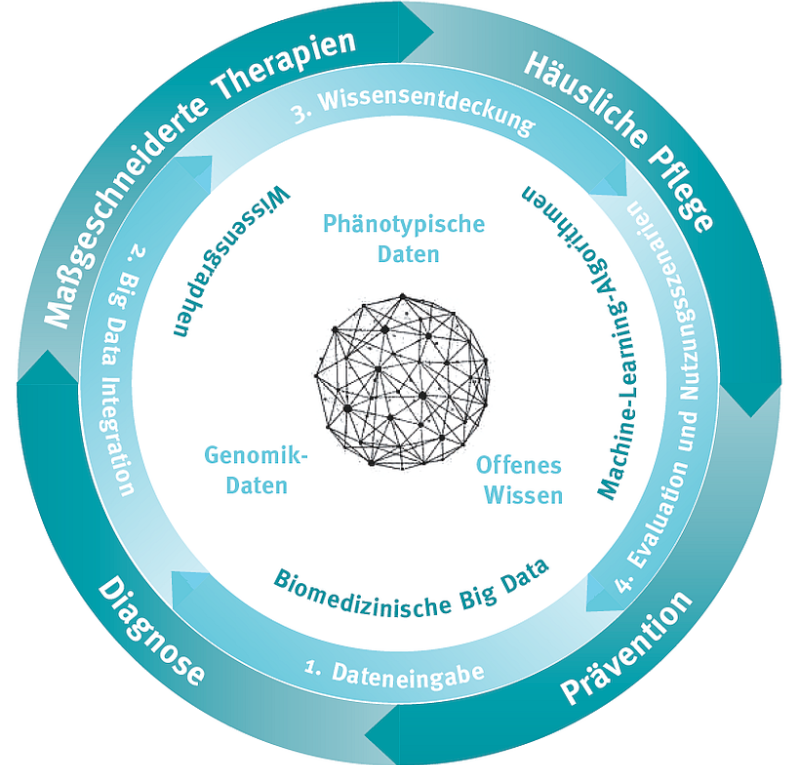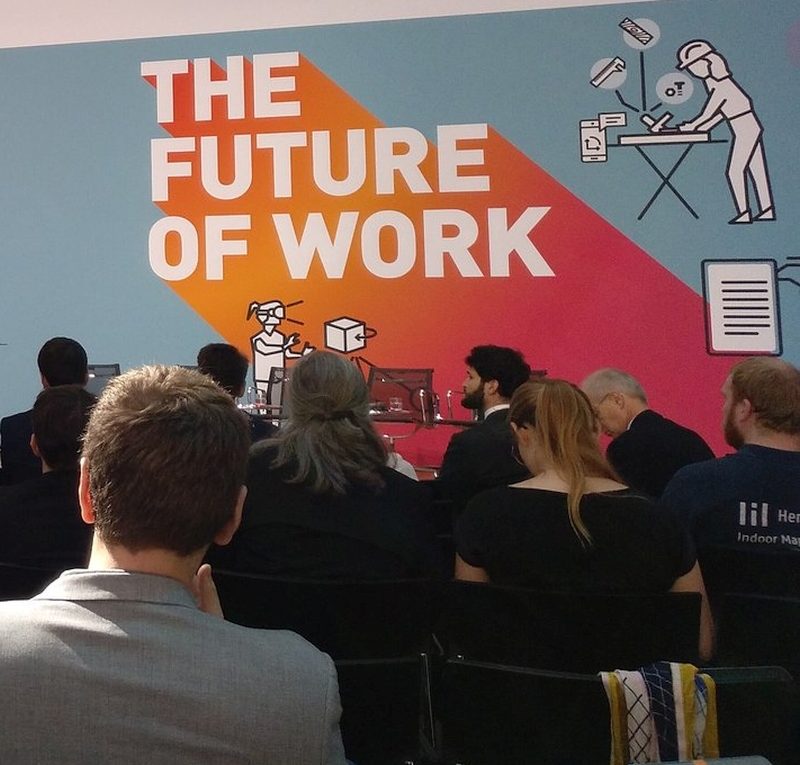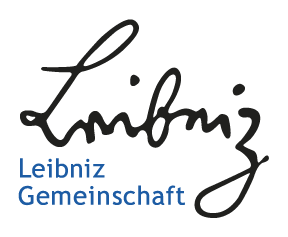#EUvsVirus: Covid-19 Bioassays in the Open Research Knowledge Graph
The #EuVsVirus Pan-European Hackathon was organized as a full remote event coordinated over Slack channels over the weekend of April 24-26. Our team ‘TIB ORKG’ was a team of six people who met online in one of the 500 Slack channels created for the hackathon. We grouped on a common agreement: scholarly articles structured in the ORKG was a great idea to help researchers easily comprehend the articles’ content.
➔